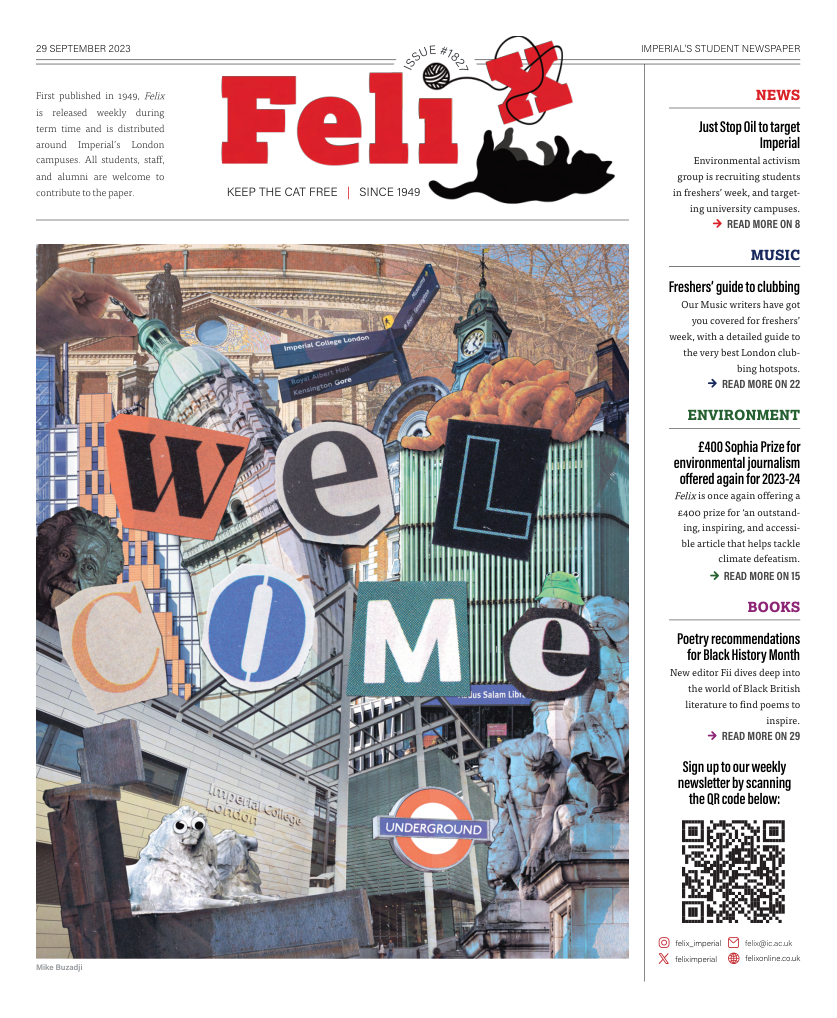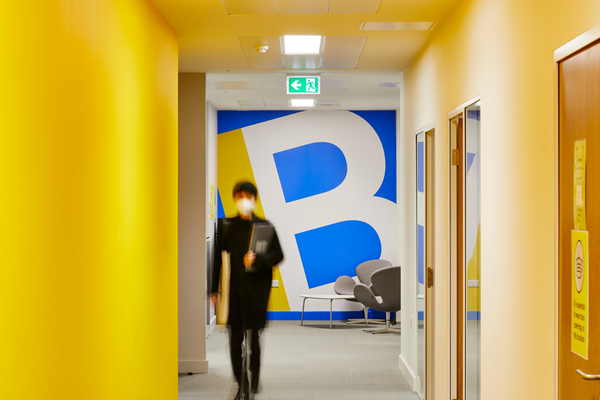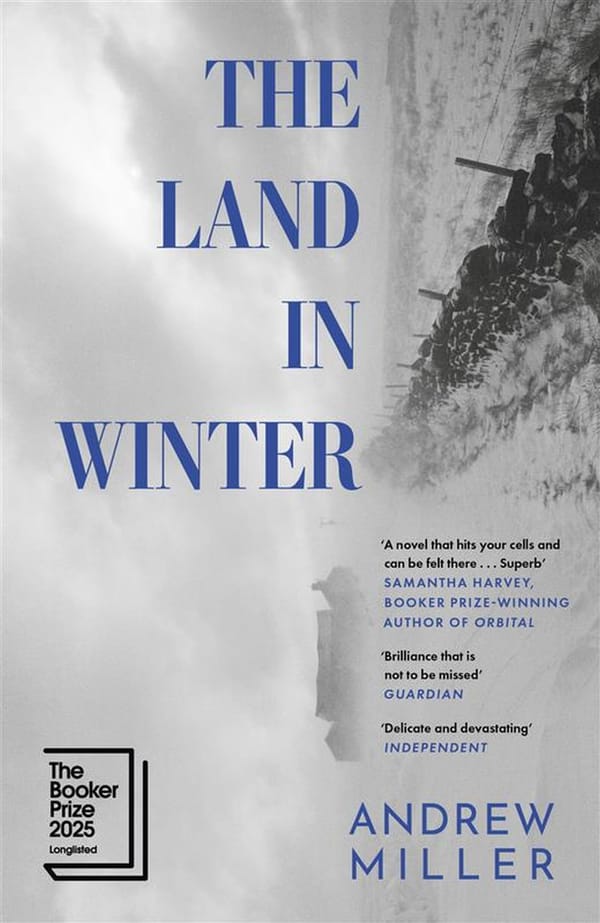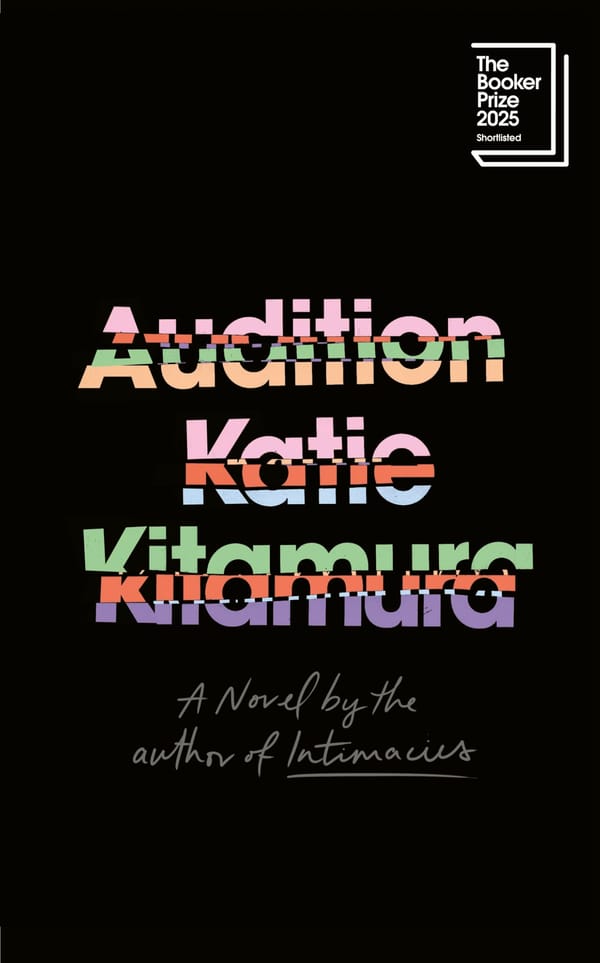Central Library renamed in honour of Abdus Salam
Change comes in response to 2021 History Group Report
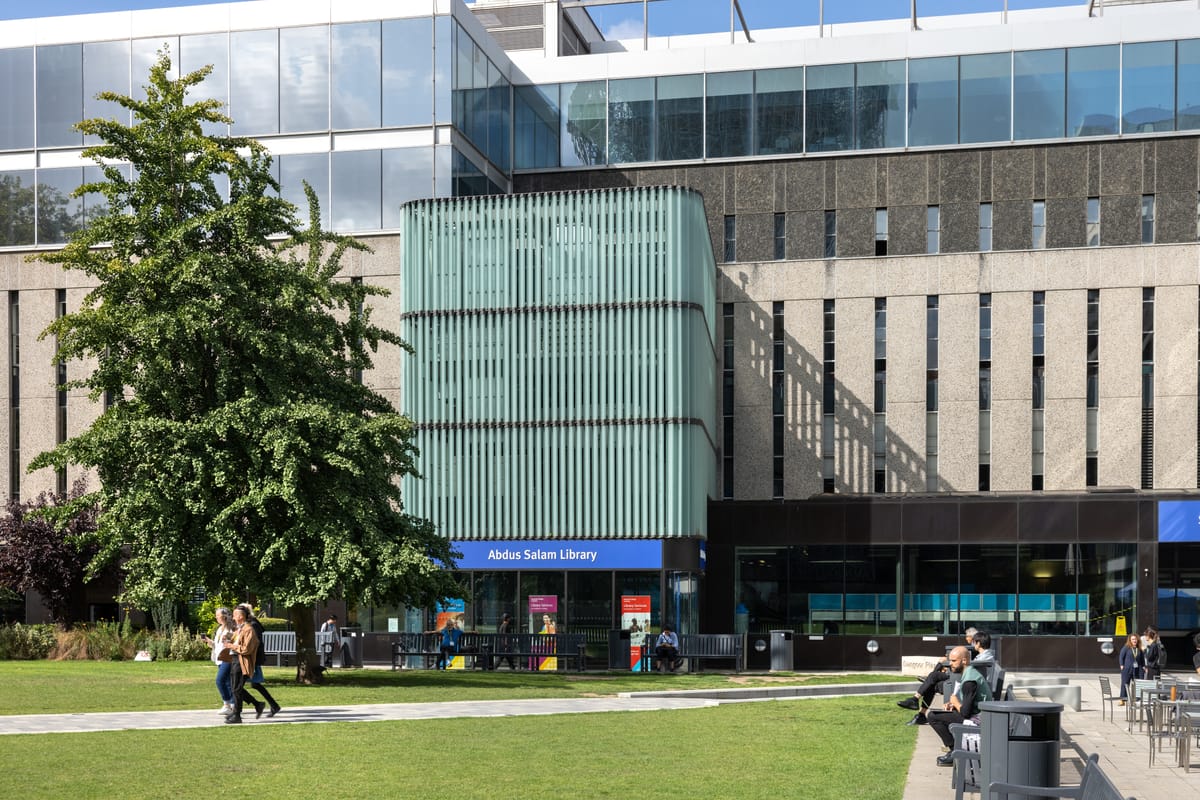
Imperial’s Central Library has been renamed the Abdus Salam Library, in honour of the Pakistani Nobel Prize laureate who co-founded the College’s Theoretical Physics research group in 1956.
The name change is part of Imperial's response to the History Group Report. Commissioned by the College in 2020, the History Group – consisting of staff, students and historians – investigated Imperial’s past and its links to the British Empire.
In October 2021, it published the History Group report, containing recommendations aimed at ‘ensuring that our history is not a barrier to building an equitable and inclusive university.’
The report highlighted the achievements of individuals from historically underrepresented groups. Salam, the first Muslim to win a Nobel Prize in science, was noted for dedicating his life ‘to the betterment of science and education in post-colonial countries.’
The History Group recommended that ‘Salam should be widely celebrated’, by naming the research division he co-founded in his honour and setting up a new scholarship in his name.
Responding to the report in 2022, Imperial promised to ‘find new ways to mark the impact and contributions of brilliant but undercelebrated Imperial people like Professor Abdus Salam’, acknowledging that ‘this is long overdue’.
‘I hope the new Abdus Salam Library inspires many more people in the years to come,’ wrote Imperial College President Hugh Brady in an email to students last term.
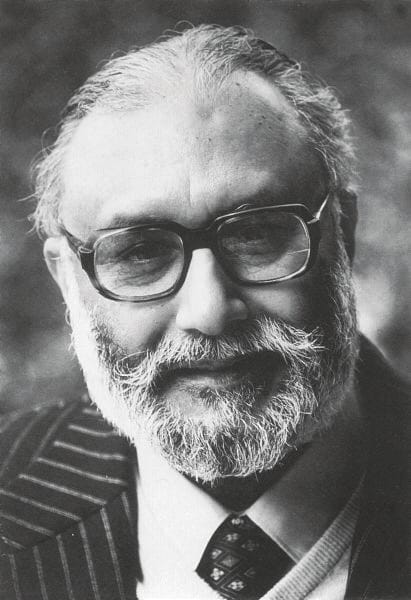
Who was Abdus Salam
Abdus Salam is known as one of the creators of the electroweak unification theory. It was for this contribution that Abdus Salam was awarded the 1979 Nobel Prize in Physics, together with Sheldon Glashow and Steven Weinberg.
Outside of his academic achievements, Salam was known for his science advocacy work in developing countries. He established the International Centre for Theoretical Physics in order to educate scientists in developing countries, and provide them and their peers in other countries with a forum for scientific discussion.
Why this? Why now?
It is important to place the decision to rename Central Library in context. Ultimately, it emerged out of the discussions and protests following the murder of George Floyd in the USA. Imperial was forced to confront its past, and the legacies of some of its most famous benefactors. It commissioned the History Group to probe further, and in 2021, a report was published.
It is possible to group the report’s recommendations into two sets: the first set was intended to recognise the achievements of individuals from marginalised groups; the second dealt with the problematic legacies of those already recognised at Imperial.
Upon the report’s release, the second set of recommendations drew criticism from some quarters. In particular, the History Group’s recommendations to rename the Beit and Huxley Buildings were met with strong reactions. Some felt this amounted to cancel culture, while others dismissed such concerns as ‘ridiculous’ and urged the College to ‘stand strong’.
Ultimately, Imperial settled on a compromise: it decided to retain Huxley and Beit’s names, but to ‘provide a fuller understanding of their complex characters’. In the case of the Huxley Building, a new joint name would be created, by adding the name of a ‘pathbreaking scientist from a Black, Asian or other minority ethnic background’. A similar approach would be taken with the Beit Building, pending consultation with students.
Imperial has yet to proceed with either of these actions. In this regard, renaming Central Library is its most striking decision to date.
If you are an Imperial student or staff member and would like to comment on the discussion above, please write in to comment.felix@imperial.ac.uk.

